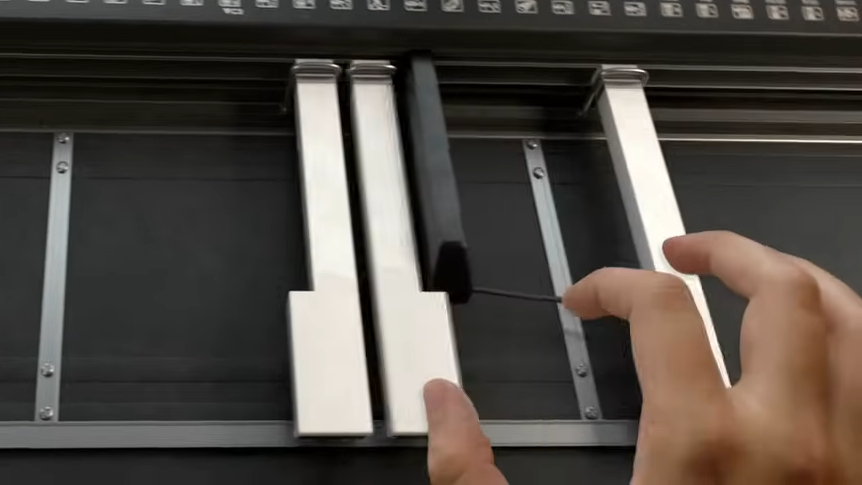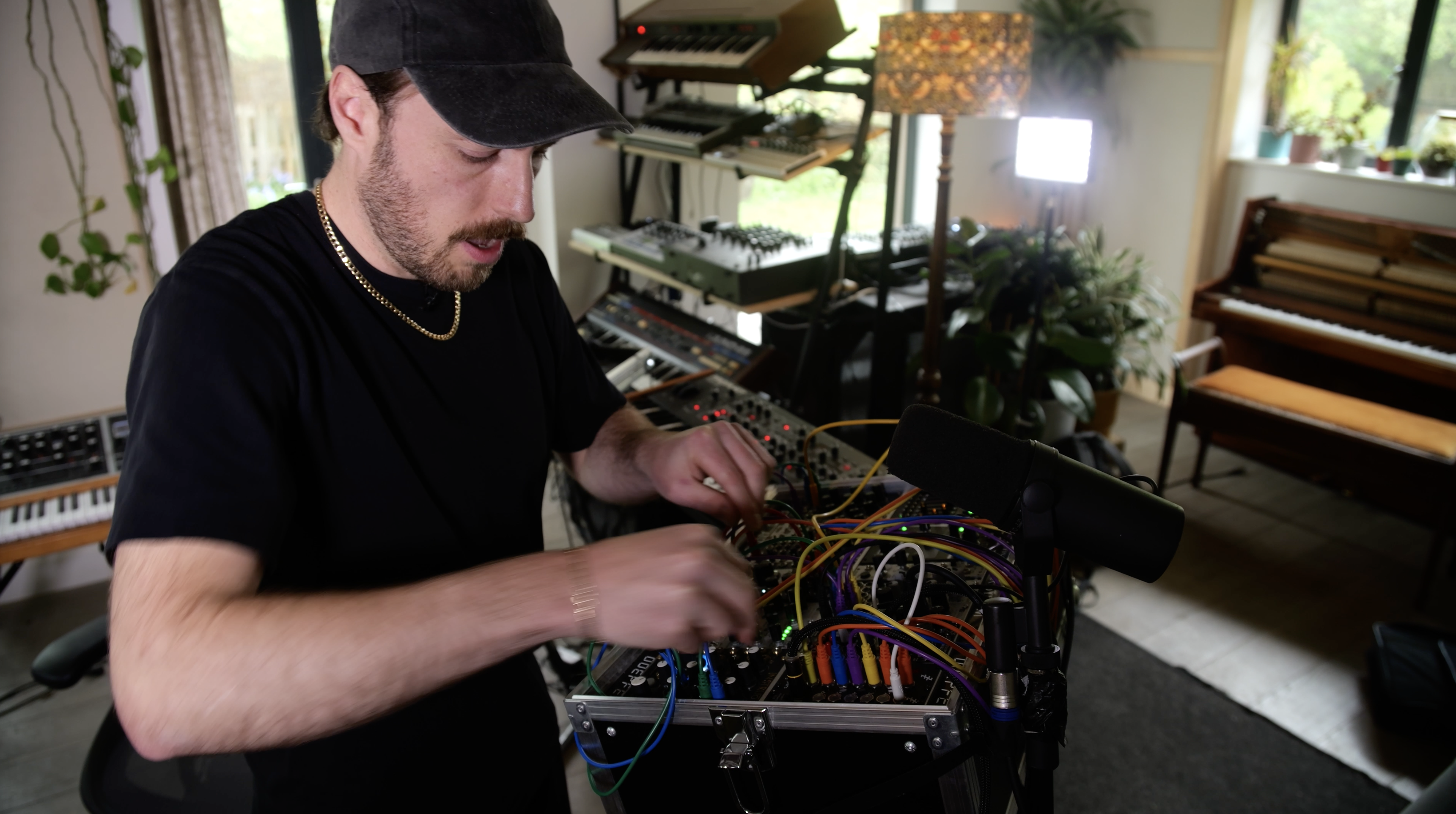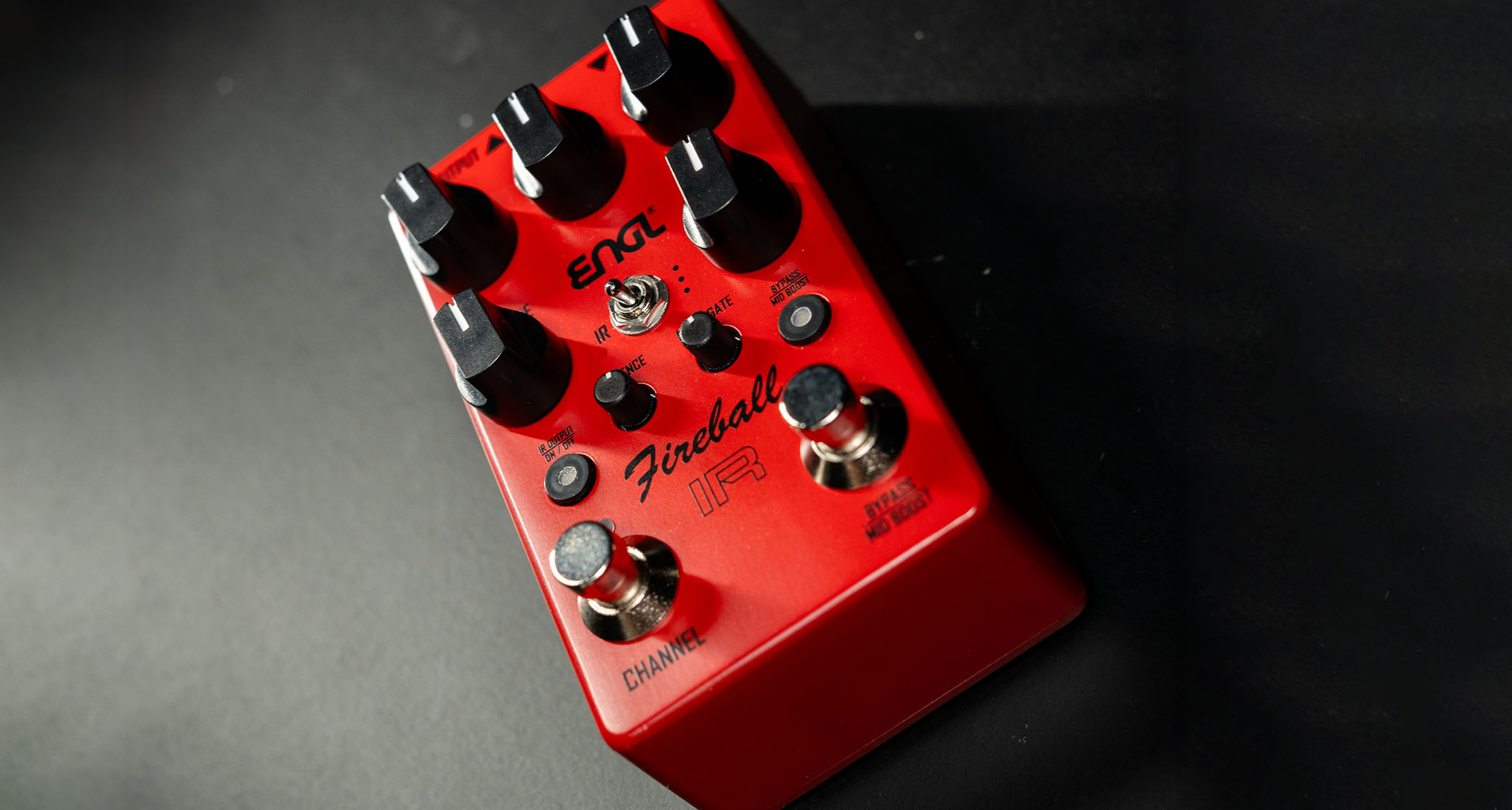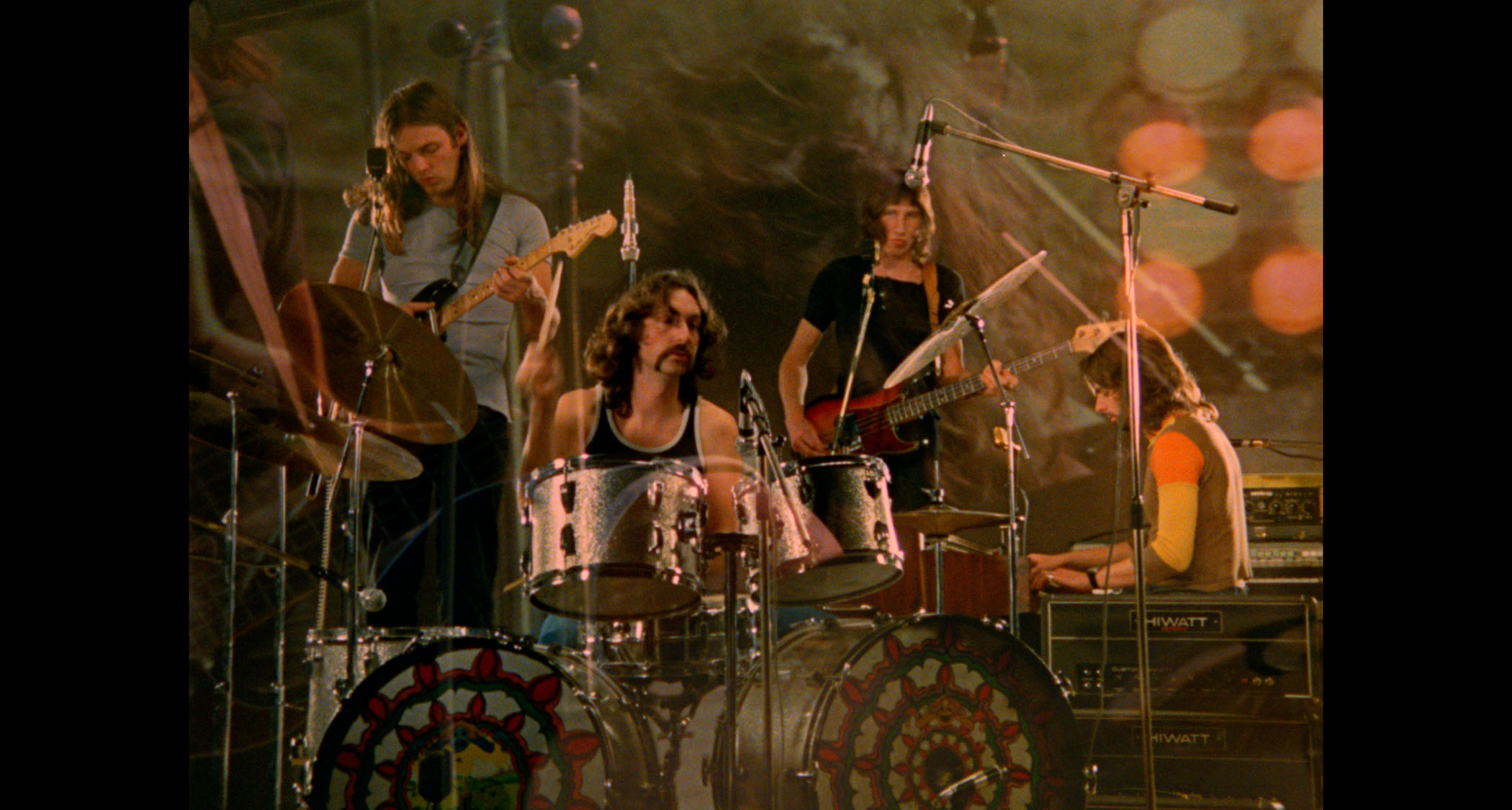Spectral Plugins makes three of its plugins free to download as it closes its doors: "It has been an honour serving you"
The company's three plugins worth $210 are now free in exchange for your email address
Plugin effects developer Spectral Plugins has ceased operations and made its three plugins, worth over $200, free to download.
"After careful consideration and deliberation, we have made the difficult decision to cease our company operations," Spectral Plugins says on its website, but doesn't give any further reasons for the closure, only adding that the decision was "the best course of action for the future of our organisation".
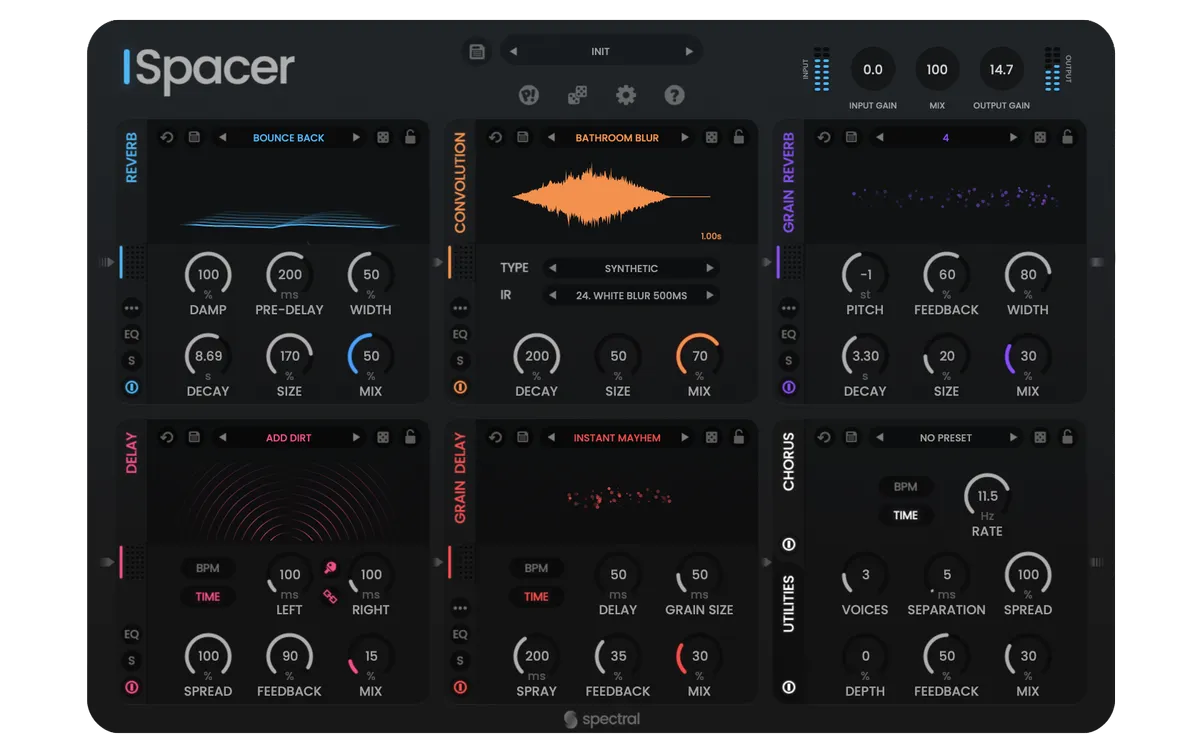
The first (now free) plugin is Spacer, which is a multi-effect with five modules – Reverb, Convolution, Grain Reverb, Delay and Grain Delay – which you can place in any order. You can use them independently or in combination and the plugin is, Spectral says, especially good for creating "dreamlike overtones, shifting soundscapes or contemporary ambiences".
It was the most expensive plugin in Spectral's range, originally retailing for $119.
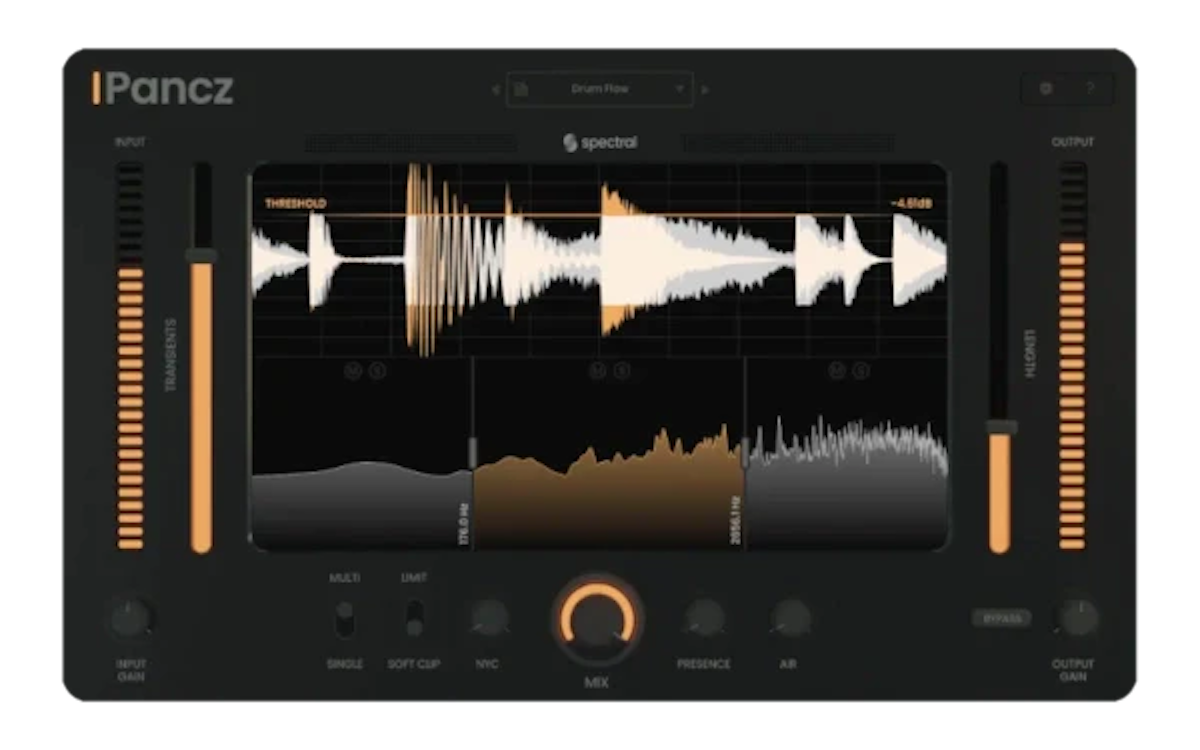
Pancz is a multiband transient shaper with a UI that displays your audio and lets you shape its impact. It includes a limiter, and other controls allow you to add presence and air. This one originally sold for $75.
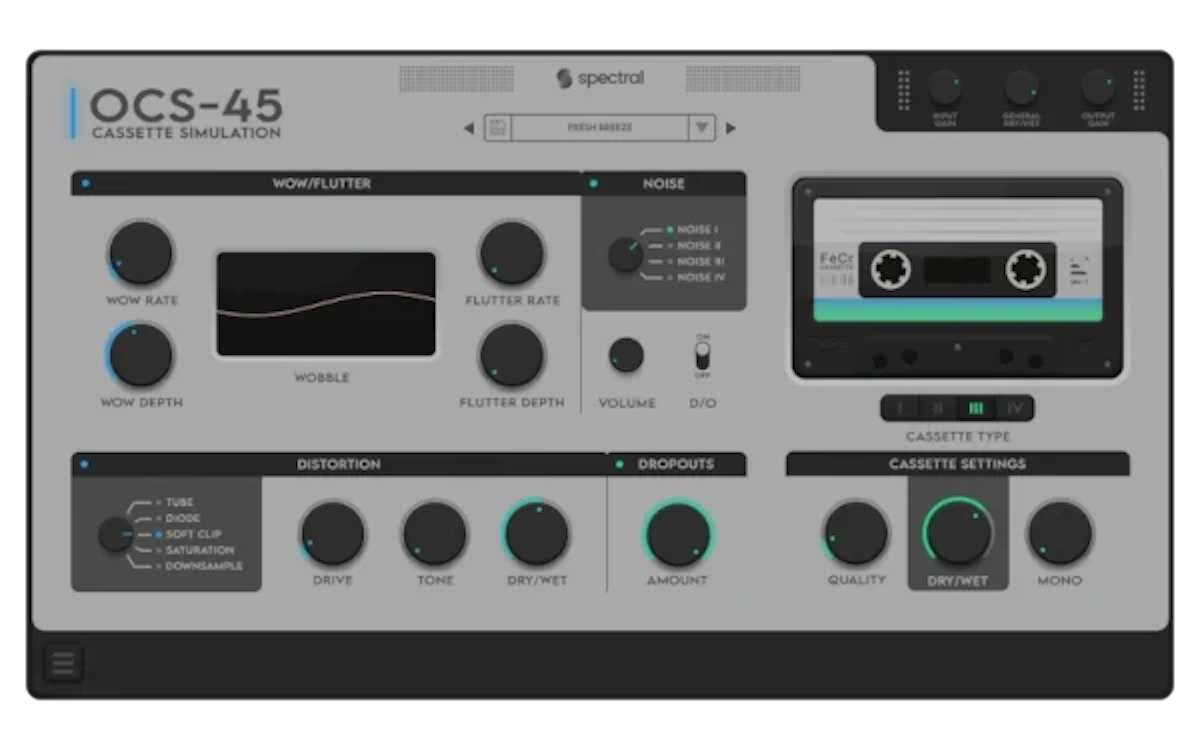
Finally, Spectral’s OCS-45 is a cassette emulation plugin that lets you choose from four tape types (Ferric, Chromium, Ferrichrome, Metal). You also get four Noise models, five distortion types and 80 presets in a very decent plugin that originally retailed for just $15.
All three plugins can be downloaded after you sign up for the Spectral Plugins newsletter here, which we can't imagine being that frequent, but we wish the developers well and thank them for their generosity.
Get the MusicRadar Newsletter
Want all the hottest music and gear news, reviews, deals, features and more, direct to your inbox? Sign up here.
More information can be found over at the Spectral Plugins website.


Andy has been writing about music production and technology for 30 years having started out on Music Technology magazine back in 1992. He has edited the magazines Future Music, Keyboard Review, MusicTech and Computer Music, which he helped launch back in 1998. He owns way too many synthesizers.

